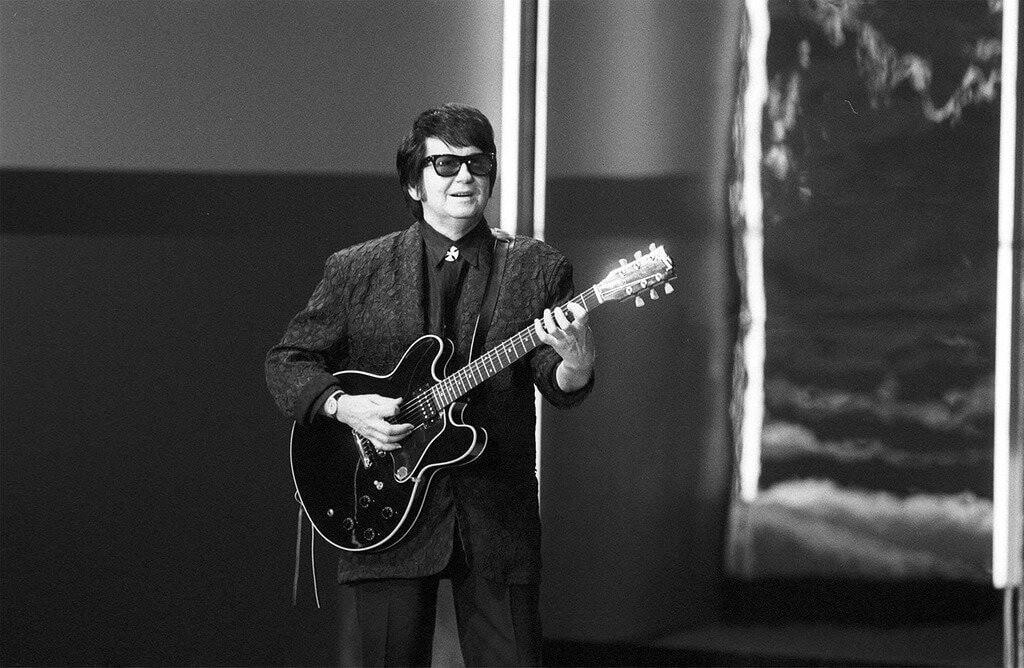
About the song
“Oh, Pretty Woman,” a song that needs no introduction for many of us. But for those unfamiliar with this timeless classic, let me paint a picture. Released in 1964, this rock and roll anthem became a defining moment for Roy Orbison’s career. Orbison, known for his soaring vocals and dramatic ballads, took a slightly different approach here, co-writing the song with Bill Dees.
“Oh, Pretty Woman” is a burst of youthful energy, a catchy melody propelled by Orbison’s signature pleading voice. The lyrics are simple yet effective, a man smitten by a beautiful woman walking down the street. The song’s charm lies in its directness, the raw yearning in Orbison’s voice as he pleads with the “pretty woman” to stop and talk to him.
The song’s impact was undeniable. It shot to number one on the Billboard Hot 100 chart, staying there for three weeks. It became a cultural touchstone, appearing in countless films and television shows over the years. “Oh, Pretty Woman” even transcended genres, with Elvis Presley covering the song later in his career.
But beyond the charts and accolades, “Oh, Pretty Woman” endures because it taps into a universal human experience – that initial spark of attraction, the longing for connection. Orbison’s voice, though powerful, conveys a vulnerability that resonates with listeners. It’s a song that reminds us of the simple joys of falling for someone, a sentiment that transcends age and generation. So, the next time you hear this iconic song, take a moment to appreciate its enduring appeal, a testament to the songwriting prowess of Roy Orbison and a reminder of the magic that music can create.